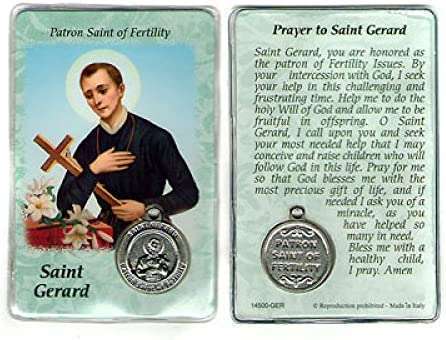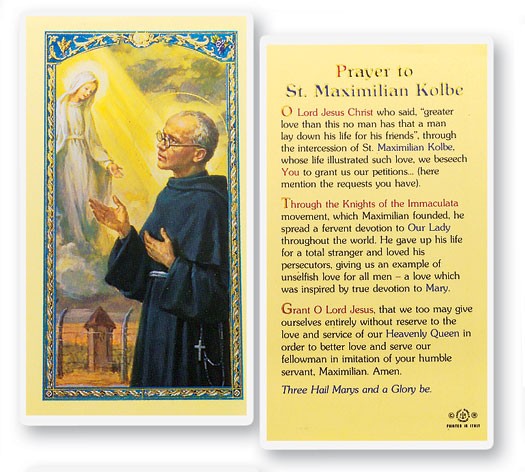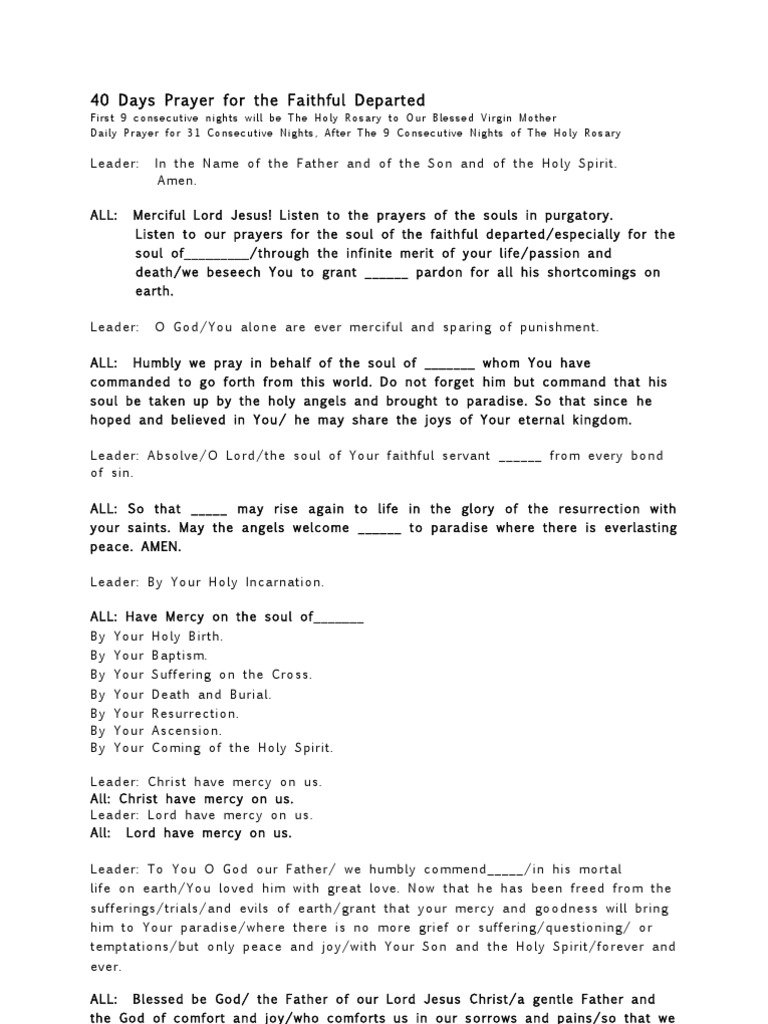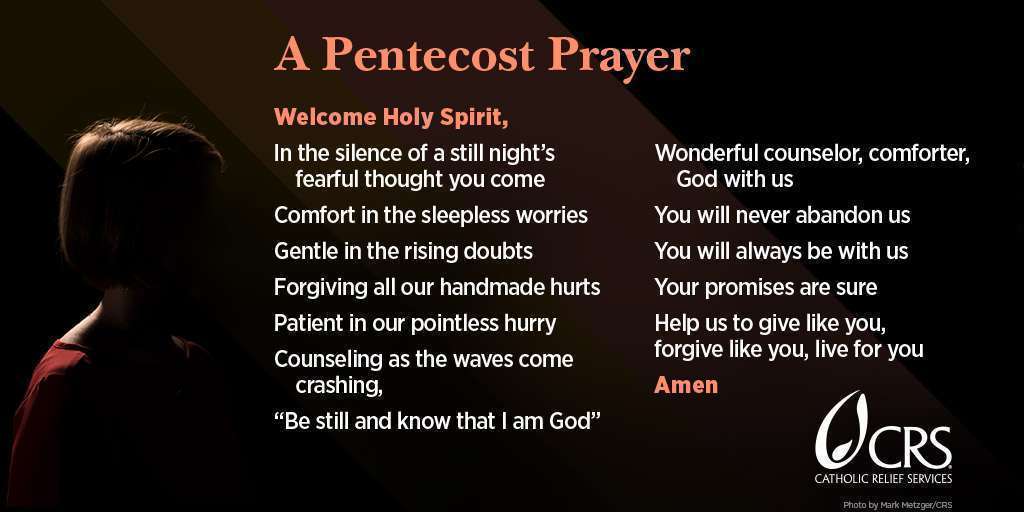The Catholic Church has a long tradition of praying for the dead and blessing graves as a way to honor and remember loved ones who have passed away. A grave blessing is a powerful way to offer comfort and solace to the bereaved, as well as to honor the memory of the deceased. In this article, we will explore the Catholic prayer for blessing a grave, including the history, symbolism, and meaning behind this powerful ritual.
Background of Catholic Prayer for Blessing a Grave
The Catholic Church has a long history of praying for the dead and blessing graves. This tradition can be traced back to the early days of Christianity, when believers would visit the graves of the martyrs and offer prayers for the souls of the deceased. Over time, this practice evolved into a more formal ritual, in which a priest or bishop would bless the grave with holy water and recite specific prayers.
Symbolism and Meaning
The Catholic prayer for blessing a grave is rich in symbolism and meaning. Holy water, which is used to bless the grave, is a symbol of purification and cleansing. It is believed that the water has the power to wash away the sins of the deceased and to prepare the soul for its journey to the afterlife.
Prayers are also an important part of the grave blessing ritual. They help to remind us of the eternal nature of life and the importance of remembering our loved ones who have passed away. The prayers also offer comfort and solace to the bereaved, reminding them that their loved one is not gone forever but is now in the care of God.
The actual prayers that are recited during a grave blessing can vary depending on the tradition of the particular church or diocese. However, some common prayers include the “Eternal Rest” prayer, which is a plea for God to grant the deceased eternal rest, and the “Prayer for the Dead” which is a plea for God to have mercy on the soul of the deceased.
Performing the Blessing
The Catholic Church has specific guidelines for performing a grave blessing. Typically, the blessing is performed by a priest, bishop, or deacon, but laypeople can also perform the blessing if they are properly trained. The blessing can be performed at any time, but it is most commonly done on the anniversary of the death or on All Souls’ Day, which is celebrated on November 2nd.
To perform the blessing, the person leading the ceremony will begin by sprinkling holy water on the grave, while reciting specific prayers. They may also recite other prayers, such as the Rosary or the Divine Mercy chaplet, as well as offer a homily or reflection on the life and legacy of the deceased.
Preparation for the Blessing
Before performing the Catholic prayer for blessing a grave, it is important to prepare properly. This includes arranging for a priest or other authorized person to lead the blessing, as well as gathering any necessary materials, such as holy water and candles. It’s also important to inform family and friends of the planned blessing, so they can participate and offer their own prayers and reflections.
Significance of the Grave Blessing
A grave blessing is a powerful way to honor and remember a loved one who has passed away. It also serves as a reminder of the importance of faith and the afterlife, providing comfort and solace to the bereaved. The blessing also serves as a reminder to all who attend that death is not the end but a passage to eternal life, and that those who have passed away are still with us in spirit and memory.
Personalizing the Grave Blessing
While the Catholic prayer for blessing a grave is a traditional ritual, it can also be personalized to reflect the life and legacy of the deceased. Family members can choose to incorporate personal reflections, readings, or songs that are meaningful to them. They can also choose to include a special prayer or devotion in honor of the deceased. For example, lighting a candle on the grave can symbolize the light of the deceased’s life and memory still shining brightly.
In addition, a grave blessing can also be done on more personal level, such as a family visiting the grave site of their loved one on the anniversary of the death or on All Soul’s Day, and reciting prayers and personal reflections. This can be a meaningful and personal way to pay tribute to the memory of someone who has passed away.
In conclusion, the Catholic prayer for blessing a grave is an important ritual that serves as a powerful reminder of the eternal nature of life and the importance of remembering our loved ones who have passed away. It provides comfort and solace to the bereaved and honors the memory of the deceased. Personalizing the blessing can make it more meaningful and special to the family of the deceased.
Read Also:






